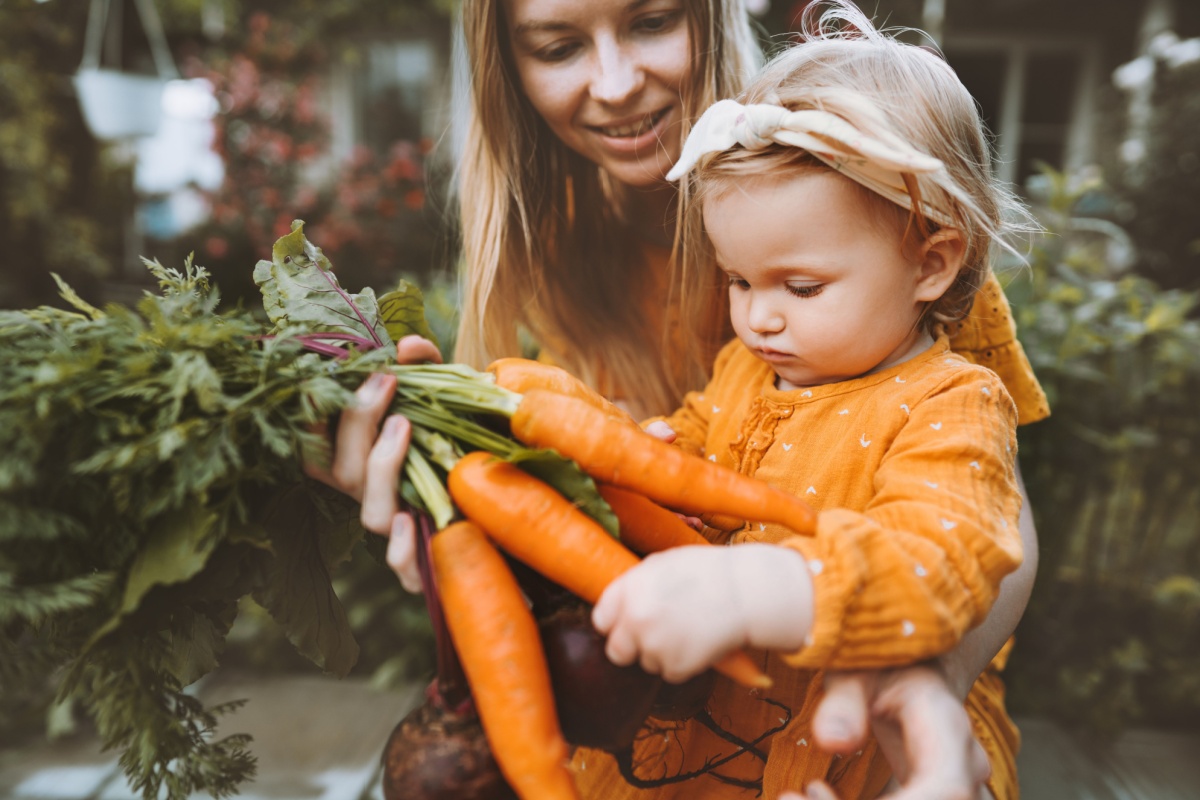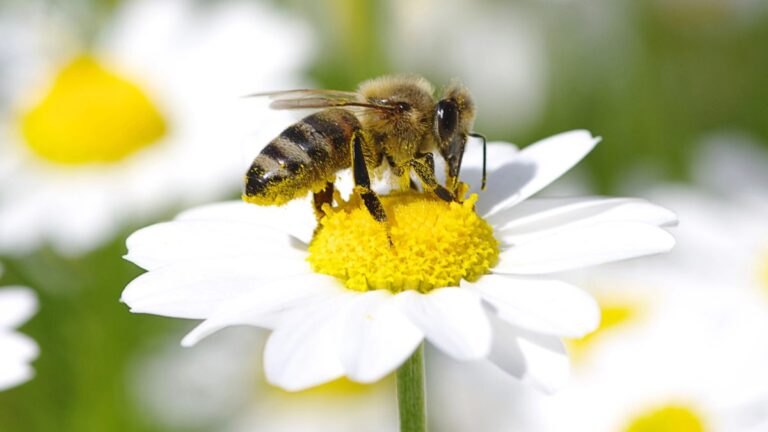15 Eco-Friendly Foods to Support Sustainable Eating
Eating eco-friendly foods benefits our health and helps protect the planet. With growing concerns about climate change and environmental degradation, making sustainable food choices has become more important than ever.
Eco-friendly foods are often locally sourced, organic, and produced with minimal environmental harm. By including these foods in our diets, we can reduce our carbon footprint and support sustainable farming practices. Here are several eco-friendly foods you can enjoy while contributing to a healthier planet.
Leafy Greens
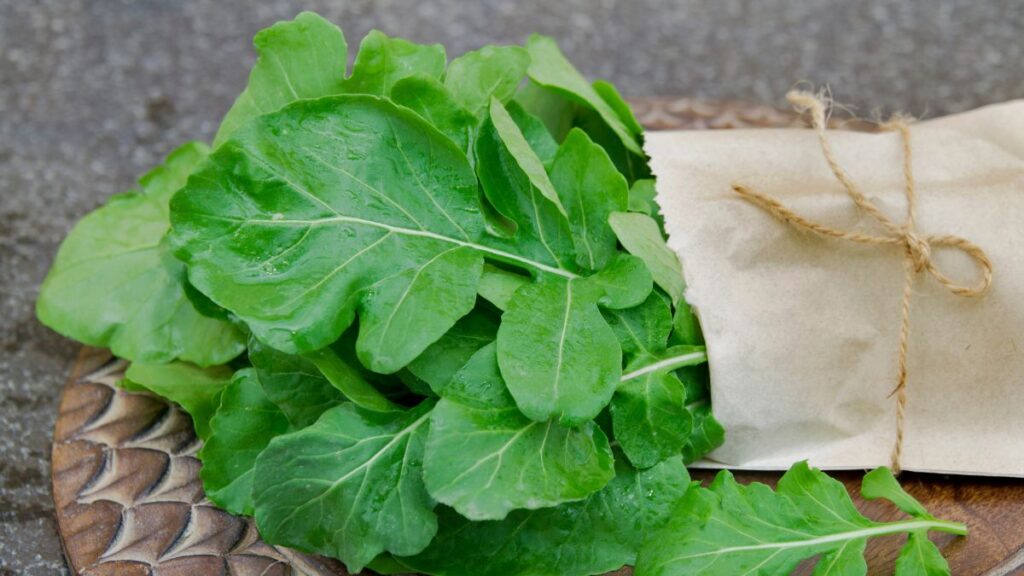
Leafy greens, such as spinach, kale, and Swiss chard, are packed with nutrients and are often grown locally. They require less water and can be cultivated in various climates, making them a sustainable choice. Many leafy greens can be grown in home gardens, promoting local food production.
Additionally, these greens can be harvested multiple times, allowing for continuous growth and reducing waste. Incorporating leafy greens into salads, smoothies, and stir-fries is a great way to boost your health and support sustainability. Opting for organic varieties can also minimize the use of harmful pesticides.
Seasonal Fruits

Eating seasonal fruits is one of the easiest ways to support sustainable eating. Seasonal fruits are harvested when they are ripe, which means they are fresher and taste better. Choosing fruits that are in season reduces the need for transportation from far-off places, lowering carbon emissions.
For example, apples and pears in fall or berries in summer are delicious options. Buying from local farmers’ markets can also help support the community and ensure you get the best quality produce. Seasonal eating encourages variety in your diet, allowing you to enjoy different flavors throughout the year.
Whole Grains

Whole grains like quinoa, brown rice, and oats are nutritious and have a lower environmental impact than refined grains. They require less processing, which means less energy consumption and fewer resources used. Whole grains are also versatile and can be included in many dishes, from salads to breakfast bowls.
Opting for locally grown grains can further reduce your carbon footprint. Plus, they are rich in fiber and essential nutrients, making them a healthy addition to your diet. Choosing whole grains over processed alternatives contributes to sustainable eating practices.
Legumes

Legumes such as lentils, beans, and chickpeas are nutritious and environmentally friendly. They are rich in protein and require less water and fertilizer than animal-based protein sources. Incorporating legumes into your meals can help reduce your reliance on meat, which has a significant environmental impact.
They can be used in various dishes, from soups to salads and even desserts. Choosing dried or canned legumes with no added preservatives can further minimize waste. Growing your beans and lentils can also be rewarding to support sustainability.
Organic Dairy
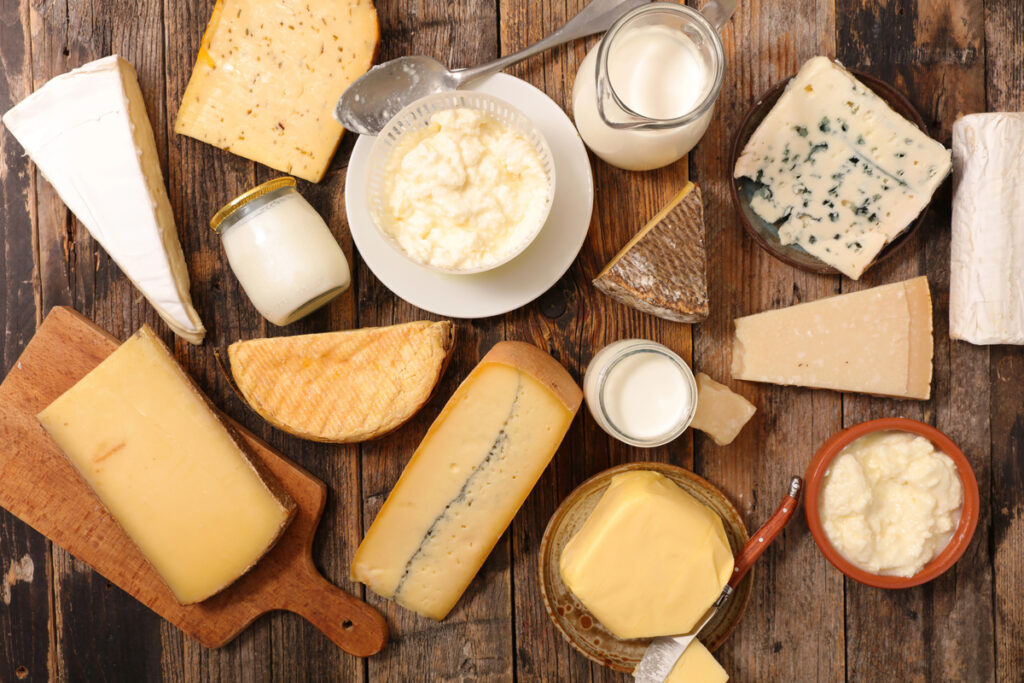
Opting for organic dairy products, such as milk, yogurt, and cheese, can make a positive impact on the environment. Organic farming practices prioritize animal welfare and avoid the use of synthetic hormones and antibiotics.
Supporting local dairy farms that follow sustainable practices ensures that you are consuming products with a lower carbon footprint. Additionally, organic dairy is often fresher and richer in nutrients.
Blending dairy into your diet in moderation can provide essential calcium and protein. When possible, choose products packaged in environmentally friendly materials to reduce waste further.
Nuts and Seeds
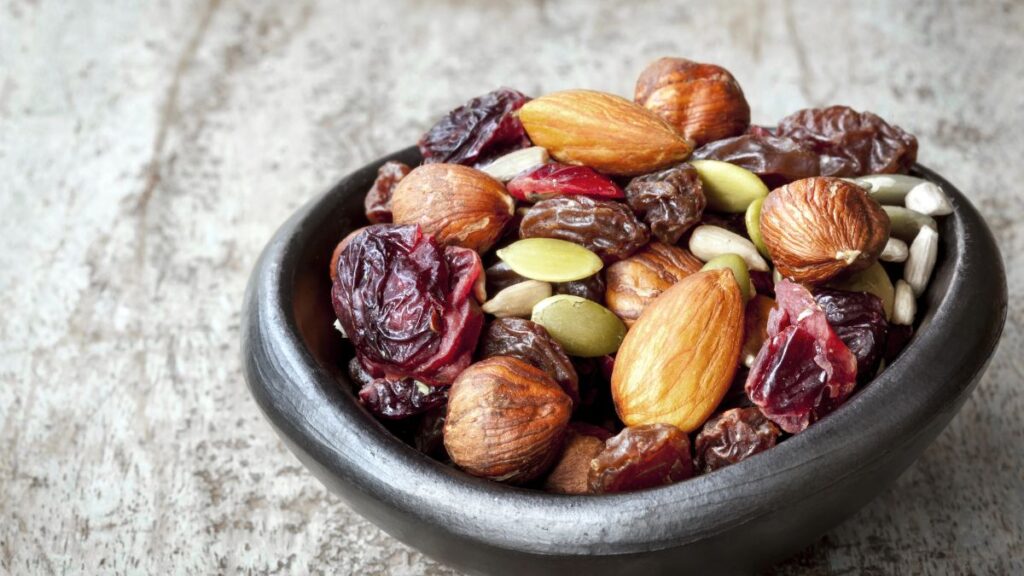
Nuts and seeds, including almonds, walnuts, and chia seeds, are healthy snacks that also promote sustainability. Compared to animal products, these foods require fewer resources to grow, making them a more eco-friendly option.
Nuts and seeds are rich in healthy fats, protein, and essential nutrients, making them a great addition to meals and snacks. Purchasing nuts and seeds in bulk can help reduce packaging waste, while buying from local producers supports sustainable farming.
Planting nut trees in your garden is also a fantastic way to contribute to a sustainable food system. Incorporating these foods into your diet can benefit both your health and the planet.
Local Fish
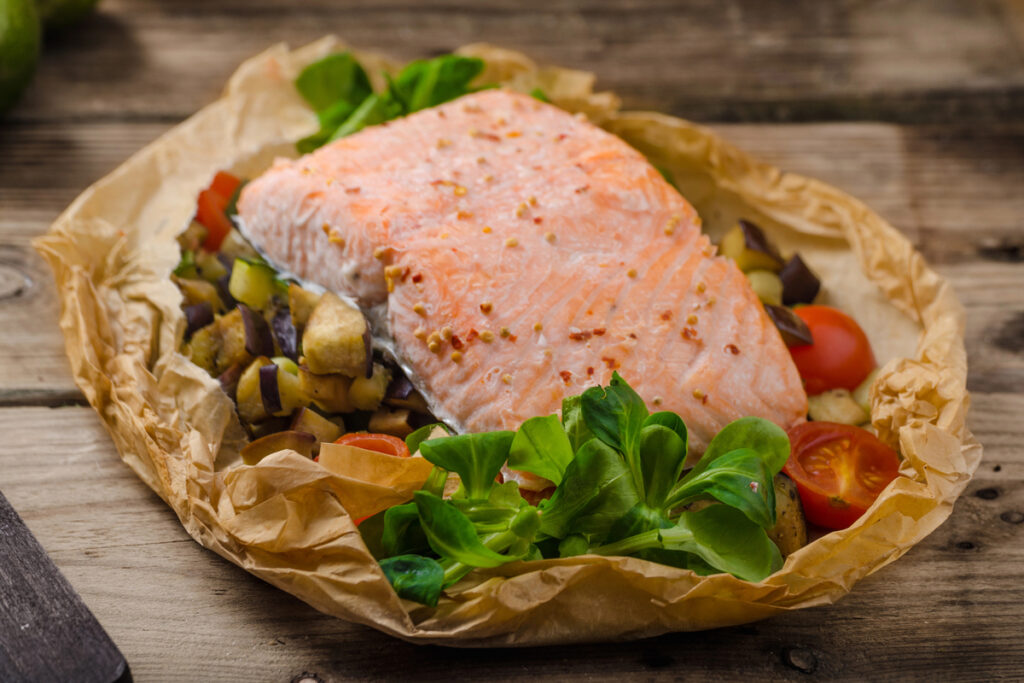
Choosing local fish is a sustainable way to support marine ecosystems. Overfishing is a significant environmental issue, but buying from local sources helps ensure that fish populations remain stable.
Fish caught in season are generally fresher and have a lower carbon footprint than those imported. Sustainable fishing practices focus on preserving marine habitats and avoiding harmful fishing methods.
When selecting fish, look for certifications like the Marine Stewardship Council (MSC) label. Enjoying local seafood can enhance your diet while promoting sustainable fishing practices.
Fermented Foods

Fermented foods like yogurt, sauerkraut, and kimchi are not only good for your gut but also contribute to sustainability. Fermentation preserves food, extending its shelf life and reducing waste. Many fermented foods can be made at home, promoting a self-sufficient lifestyle.
They often use locally sourced and seasonal ingredients, supporting sustainable farming practices. Including fermented foods in your diet can also enhance the flavor of meals while providing beneficial probiotics. Plus, they can reduce your diet’s need for preservatives and artificial additives.
Herbs and Spices
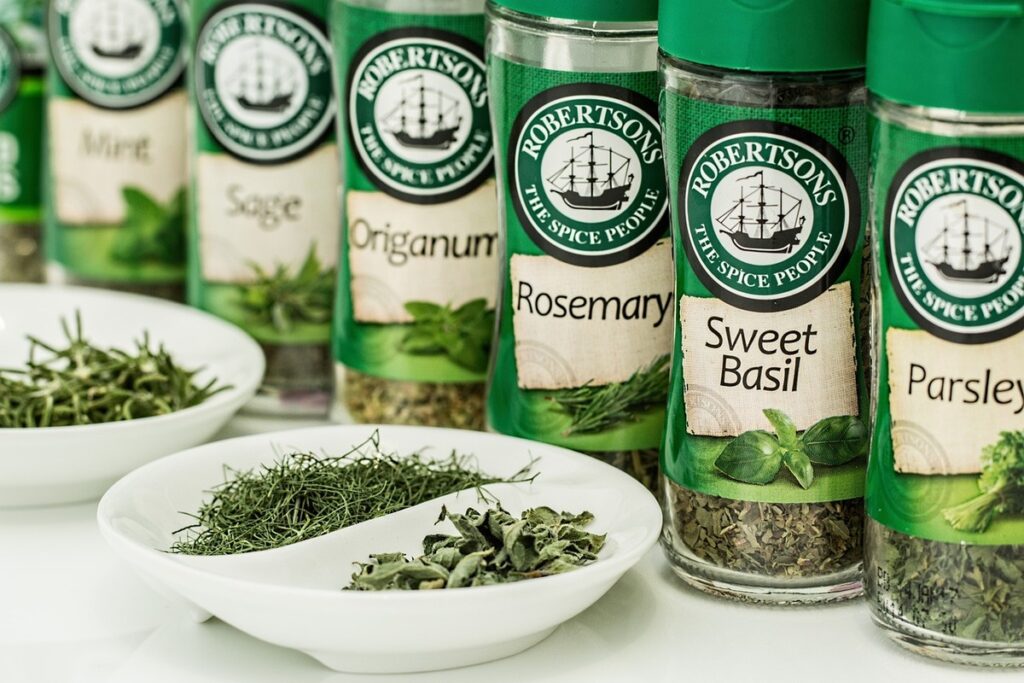
Growing your herbs and spices can be an eco-friendly way to enhance your cooking. Many herbs, like basil, parsley, and cilantro, require minimal cultivating space and resources. By growing your own, you reduce the carbon footprint associated with transportation and packaging.
Herbs can also be used in various dishes to add flavor without the need for excessive salt or sugar. Additionally, they can attract beneficial insects to your garden, promoting a healthy ecosystem. Incorporating fresh herbs into your meals not only improves taste but also supports sustainable practices.
Avocados
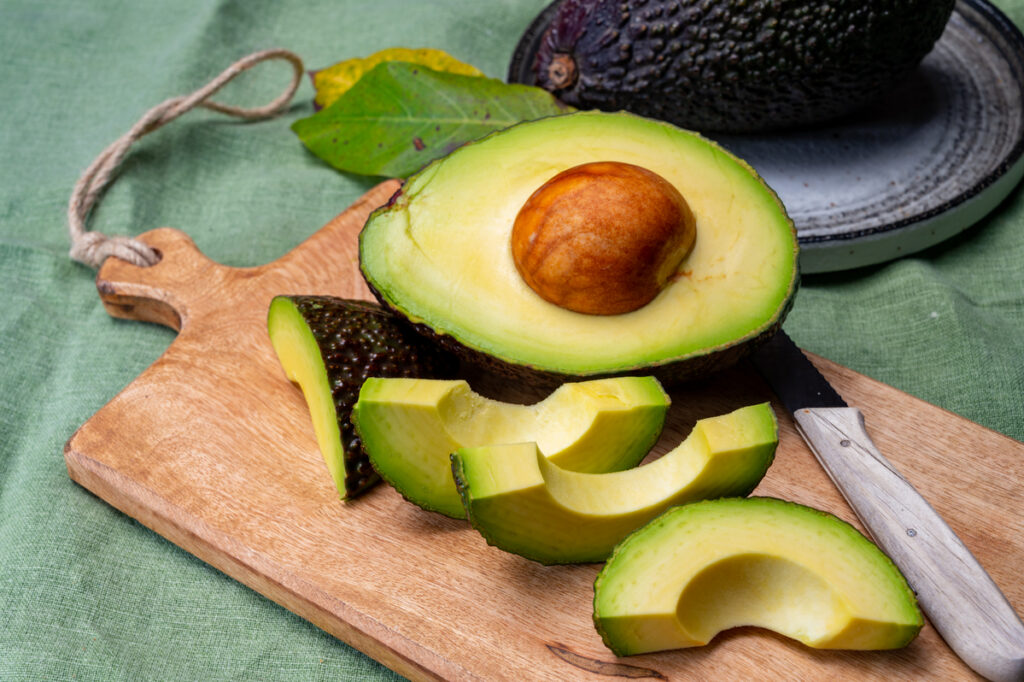
Avocados are a popular superfood known for their healthy fats and creamy texture. When sourced from sustainable farms, they can be an eco-friendly option. Look for avocados that are certified organic or sourced from local growers to ensure minimal environmental impact.
They can be enjoyed in various dishes, from salads to smoothies, adding a rich flavor and nutritional boost. While avocados can have a higher water footprint than some other fruits, choosing sustainably sourced options can help mitigate this. Incorporating avocados into your diet can promote both health and sustainability.
Mushrooms
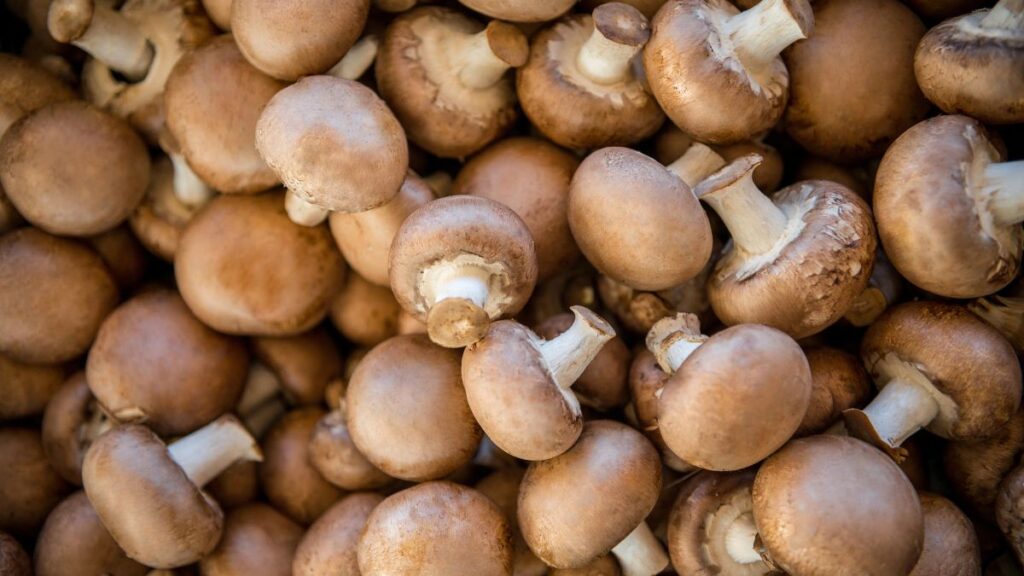
Mushrooms are versatile food that can be grown sustainably in small spaces. Compared to traditional crops, they require minimal water and land, making them an eco-friendly option. Many varieties can be grown indoors or in your backyard, promoting self-sufficiency and reducing transportation emissions.
Mushrooms are also packed with nutrients and can enhance the flavor of various dishes. By supporting local mushroom farms or foraging for wild varieties, you can contribute to sustainable practices. Including mushrooms in your meals can help diversify your diet while benefiting the planet.
Sweet Potatoes
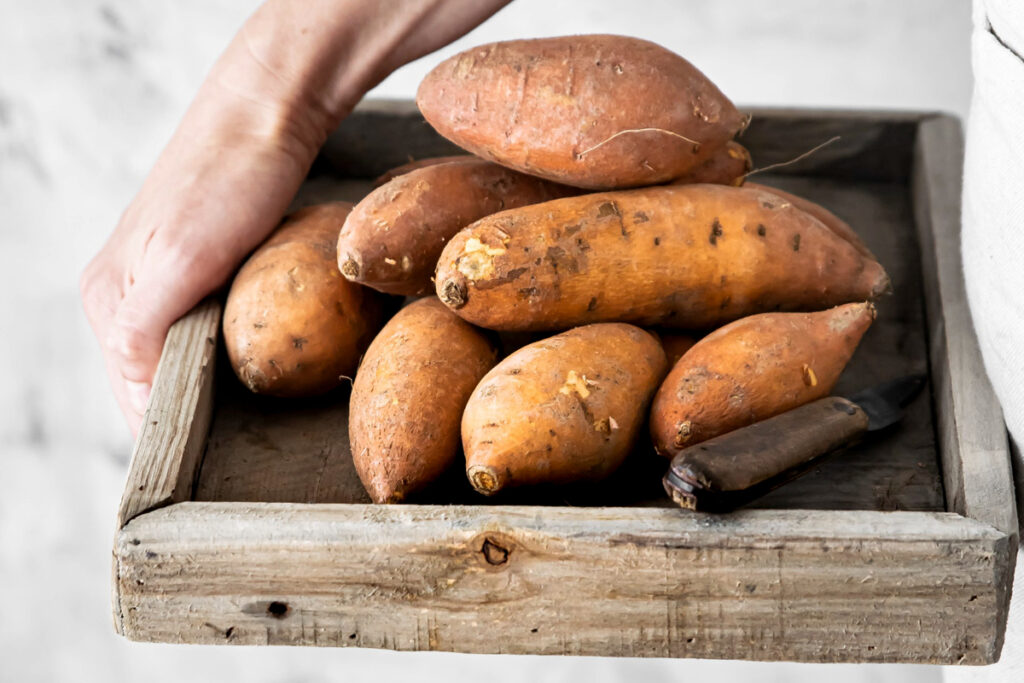
Sweet potatoes are a nutritious and sustainable food choice. They are often grown locally and require less water than traditional potatoes. Rich in vitamins and minerals, sweet potatoes can be enjoyed in various ways, from baked to mashed or as fries.
Choosing organic sweet potatoes can minimize pesticide use and support sustainable farming practices. They are also a great source of fiber, making them a healthy addition to your meals. Incorporating sweet potatoes into your diet can provide essential nutrients while promoting sustainability.
Wild Rice
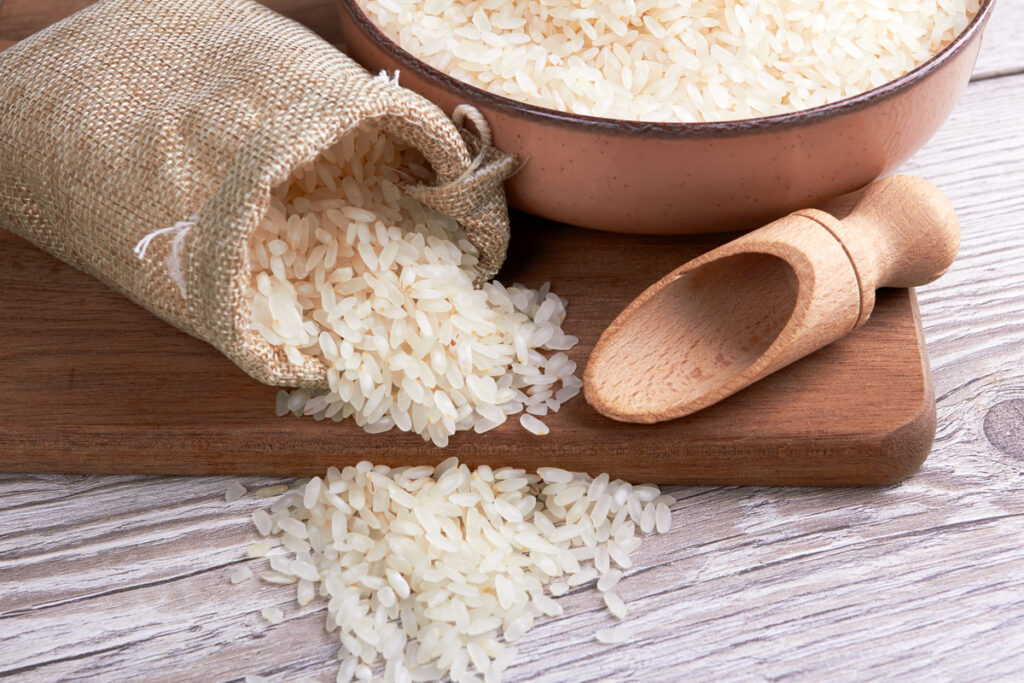
Wild rice is a nutritious grain often harvested sustainably in wetlands. It is high in protein and fiber, making it a healthy alternative to white rice. Choosing wild rice harvested using traditional methods helps support eco-friendly practices. Wild rice can be used in salads, soups, or as a side dish, adding a unique flavor and texture to meals.
Wild rice also requires less water to grow than other grains, making it a more sustainable option. Incorporating wild rice into your diet can enhance your meals while promoting environmental sustainability.
Edible Flowers
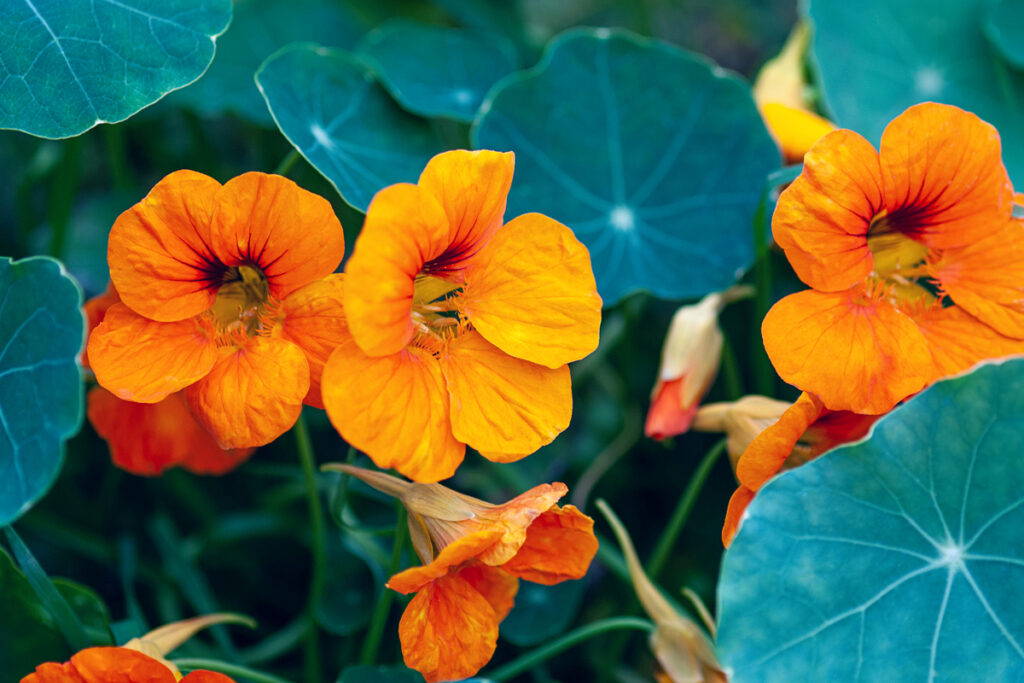
Edible flowers, such as nasturtiums, violets, and marigolds, can add color and flavor to your meals. Growing your edible flowers can be a fun and eco-friendly gardening project. They require minimal resources and can attract beneficial insects to your garden, promoting biodiversity.
Edible flowers can be used in salads, desserts, or as garnishes, adding a unique touch to your dishes. Supporting local farms that grow edible flowers can also help reduce transportation emissions. Incorporating these beautiful and tasty flowers into your meals can enhance your dining experience while supporting sustainability.
Local Honey
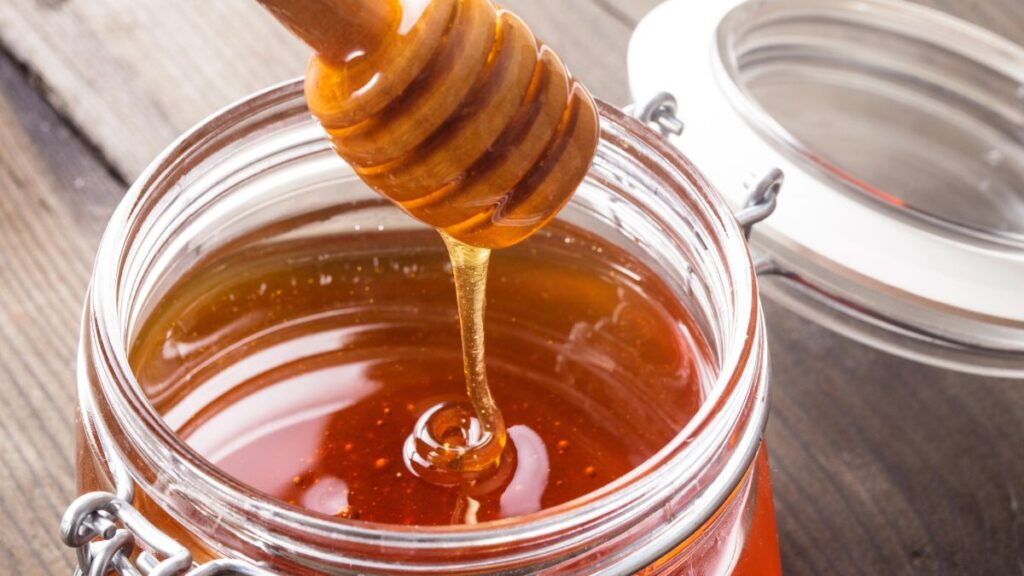
Local honey is a sweet and eco-friendly food choice that supports sustainable eating. Honey is produced by bees, which are essential for pollinating many crops. By choosing local honey, you help support local beekeepers and promote the health of bee populations. Local honey is often raw and unprocessed, retaining its natural enzymes and nutrients.
It also has a lower carbon footprint than imported honey, as it doesn’t require long-distance transportation. Enjoy honey as a natural sweetener in tea, oatmeal, or yogurt, or use it in baking. By incorporating local honey into your diet, you can enjoy a delicious treat while supporting your local ecosystem.
15 Things That Have Become So Expensive People Are Giving Them Up

With the cost of living steadily increasing, people are being forced to rethink how they spend their money. Many everyday items, services, and activities have become too expensive to justify.
15 Things That Have Become So Expensive People Are Giving Them Up
15 Things You Should Never Share With Anyone

While sharing personal information has become increasingly common, it’s essential to recognize that not everything is meant to be shared with others. Some aspects of our lives are best kept private to protect our well-being, relationships, and sense of self.

